Saturday 18 Nov 2023
Over the past two decades, international education for Chinese students has entered the 3.0 phase:
▪ Phase 1.0 was an exploratory period, with very few schools, mainly focusing on foreign language specialty schools and international curriculum high schools.
▪ Phase 2.0 was a developmental period, witnessing the rise of numerous K12 international education groups as studying abroad became more common.
▪ Phase 3.0 is a consolidation period, emphasizing the integration of Chinese and international curricula to genuinely cultivate bilingual talents with unique characteristics.
Unlike the 1.0 model of copying, and the 2.0 stage characterized by extensive development, the 3.0 stage of education has seen a more mature integration at a deeper level. This has also led to more reflections on innovative education:
▪ How to build a high-quality team of Chinese and foreign teachers?
▪ How to maximize the collaborative efforts of Chinese and foreign teachers?
▪ What does a high-quality inquiry-based classroom look like?
These widely debated issues are areas where Lin Weimin, a national inspector and researcher, has conducted research and practice. To explore this further, we interviewed Principal Lin Weimin.
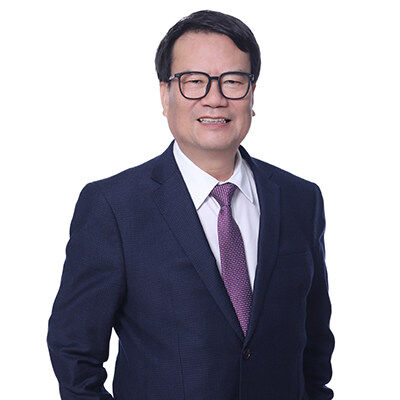
Lin Weimin, National Inspector, Researcher, and Special Grade Teacher, and Research Supervisor at the School of International Education, Beijing Foreign Studies University, currently serves as the Principal of Hangzhou Dipont School of Arts and Science. Lin’s main research areas include educational leadership, subject teaching theory, and chemistry education theory. He has published over a hundred papers and authored books such as “Challenges Facing Schools” and “Courage of the Principal.” Lin has held various leadership positions, including Deputy Director of the Zhejiang Provincial Education Research Office and Secretary and Principal of Hangzhou Foreign Language School. He has concurrently served as Vice Chairman of the Zhejiang Provincial Association of Distinguished Teachers and Vice Chairman of the Beijing Education Supervision Association.Lin Weimin has received numerous awards, including the National Excellent Teacher, the Excellent Principal Award for the Fifth National Education Innovation Achievements, and the Zhejiang Provincial Talent Award. He has been honored with titles such as Beijing Special-grade Teacher and Zhejiang Provincial Special-grade Teacher. Additionally, he has served as a judge for the National Basic Education Achievement Award and a national-level primary and secondary school subject competition. He has also been elected as a representative to the Zhejiang Provincial People’s Congress and the Hangzhou City Xihu District People’s Congress.
Leaving Beijing for Hangzhou: Why Choose Hangzhou Dipont School of Arts and Science?
In recent years, although not yet at retirement age, Lin Weimin has received invitations from various institutions across the country. Transitioning to the private education sector seems to be a new starting point for many renowned school principals. In July of this year, Lin Weimin resigned from his position as the Principal of Beijing Foreign Studies University Affiliated Foreign Language School and returned to Hangzhou, a city where he had worked and lived for many years, with plans to rest at home.
However, after decades of busyness in the education field, facing imminent comfort, he felt uneasy.
Among the “olive branches” extended to Lin, one school caught his interest: Hangzhou Dipont School of Arts and Science (formerly RDFZ King’s College Hangzhou). With so many choices, why did he choose this one? Principal Lin enumerated the reasons:
Firstly, the school has a good “origin.” This school was established nine years ago based on the decision of the Yuhang District Committee and Government. It aimed to set up a highly internationalized school in the Future Sci-tech city, matching the high economic operation of the region, meeting the diverse educational needs of the local area, and enhancing the social development level of the region. The government, introducing Dipont Education Group, partnered with the United School of RDFZ Group of Schools, the High School Affiliated to Renmin University of China, King’s College School Wimbledon, founded King’s College School Hangzhou. This innovative model of running a school allows the school to have an extraordinary “origin.”
Secondly, the school’s sponsor is “reliable.” Many parents choose schools based on their reputation, the principal’s reputation, hardware, and faculty. However, the organizer hidden behind private schools is crucial. Lin Weimin’s connection with Dipont Education can be traced back to when he was the principal of Hangzhou Foreign Languages School. At that time, he was attracted to Dipont Education and got to know the founder, Zhang Bowen. The well-known collaboration between Hangzhou Foreign Language School and Dipont started 15 years ago. Mr. Zhang is referred to by Liu Pengzhi, the former principal of RDFZ, as the first person engaged in the research and practice of Chinese and Western integration education. Although engaged in business realm, Zhang Bowen is a professional with a strong sense of educational commitment and devotedly possesses the qualities of an educator.
Later, Mr. Zhang visited Hangzhou several times, had in-depth communication with Principal Lin, and accompanied him on school visits. In several discussions, the two had many collisions on innovative education, the shaping of the future school’s image, and the professional development of Chinese and foreign teachers. This process allowed Principal Lin to have many intuitive observations and feelings. He believes that such a school has no reason not to be successful, and he sees Mr. Zhang’s ideal as his pursuit. Having spent his entire life in traditional education and practiced in foreign language talent cultivation schools and bilingual private schools for many years, the highly internationalized bilingual school like Hangzhou Dipont School of Arts and Science has aroused his curiosity and passion. This kind of education is the future direction of education.
Therefore, Hangzhou Dipont School of Arts and Science naturally became Principal Lin’s choice.
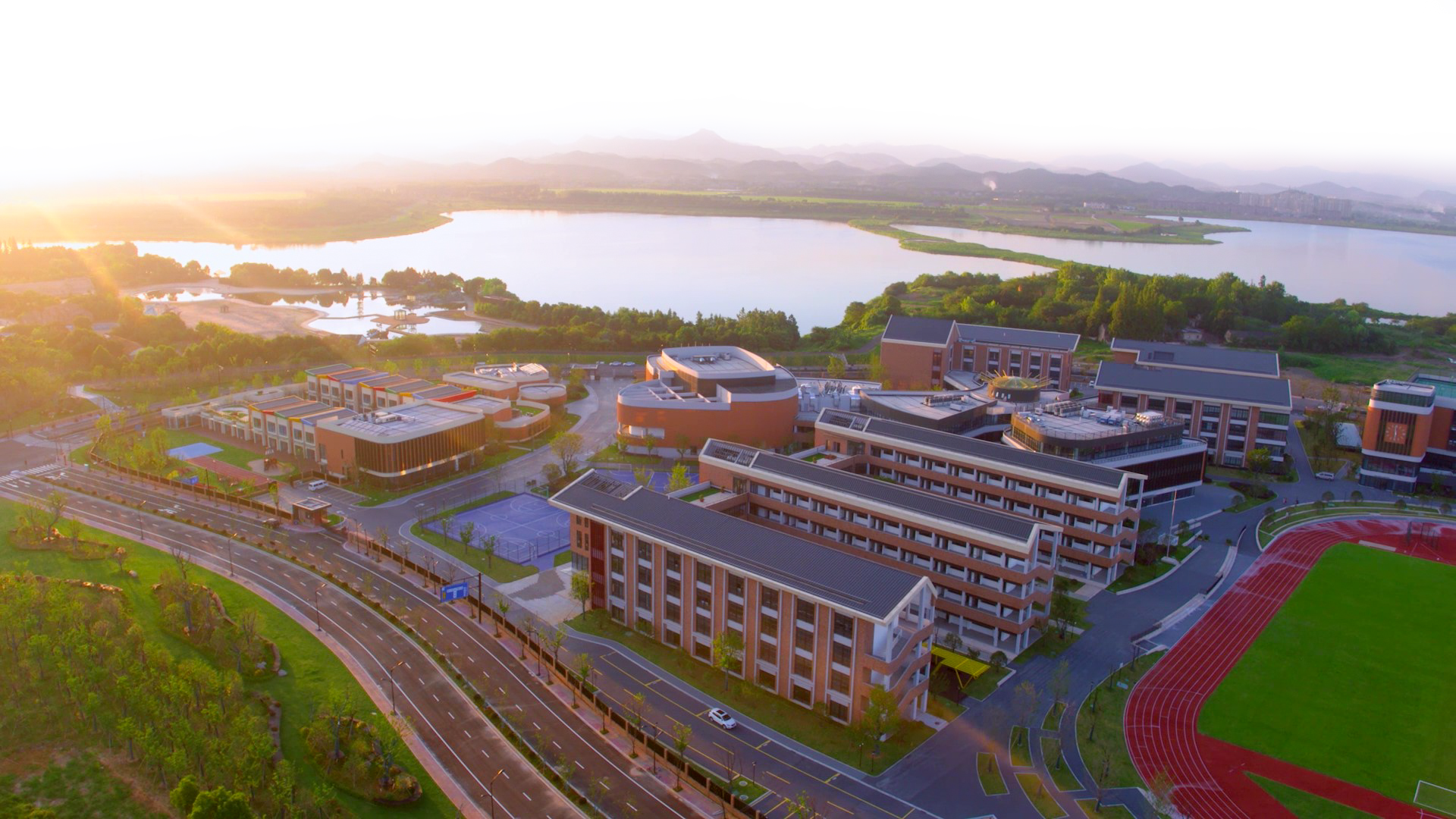
How to Build a High-Quality Team of Chinese and Foreign Teachers?
Since ancient times, the importance of teachers has been self-evident. Teachers play the role of guiding students in learning and enlightenment. Teachers need to help students deeply understand the structure, power, and beauty of knowledge, preparing them with useful knowledge and abilities for entering the real world.
In a school like Hangzhou Dipont School of Arts and Science, which has a national curriculum as its core and conducts international education as its strong feature, there are not only Chinese teachers but also foreign teachers. What roles should Chinese and foreign teachers respectively play to ensure that bilingual education truly lands?
Principal Lin Weimin believes that building a high-quality team of Chinese and foreign teachers, making them work synergistically with a 1+1>2 effect, is a prerequisite for the success of bilingual schools. Only by deeply integrating Chinese and foreign teachers, working together, can we ensure that students learn, understand, and apply knowledge in the classroom. They should also gain a deep understanding of the cultural background behind the knowledge, enhance high-level cognitive abilities, and better understand and integrate into a multicultural society. A bilingual school needs to meet the academic and academic achievement requirements of Chinese parents for their children while satisfying parents’ desire for their children to immerse in an English environment and effectively expand their international horizons.
To achieve this, it is necessary to establish a school development strategy of “Foreign Expert Guidance, Chinese Team Administration to Achieve Deep Integration.” This strategy is based on localized teacher education, cultivating the concept of integrated Chinese and Western education, and focusing on global contexts and the cultivation of global competence. It is an important element in running a “comprehensive and high-quality bilingual school.”
Part One: Foreign Expert Guidance
In bilingual schools, leadership is primarily guided by innovative and inspiring educational methods led by foreign expert teacher teams. Classroom teaching conducted by foreign expert teachers not only facilitates students in naturally acquiring a foreign language but also provides multidisciplinary integrated education from a higher cognitive level. This approach guides students to extensively understand diverse cultures, engage in in-depth international understanding education, and enhance their global literacy.
At Hangzhou Dipont School of Arts and Science, foreign teachers come from 23 different countries and regions, with 70% hailing from English-speaking countries such as the UK, the USA, Australia, and Canada. The Chinese-to-foreign teacher ratio is 1:1. Each foreign teacher possesses a unique temperament and educational background, encouraging students to break free from the limitations of their own language and culture. They actively engage students in applying knowledge in global society, multicultural environments, knowledge practices, social investigations, project-based learning, and research activities. Foreign languages, as tools leading subject learning, not only help students acquire subject knowledge but also provide opportunities for students to develop diverse thinking and expand their international perspectives.
In the existing bilingual school education system, being “Foreign Expert Guidance” emphasizes the importance of cross-cultural communication and global competitiveness. Based on this, educational philosophy, curriculum structure, subject system, and personal development are meticulously crafted by foreign experts with years of international education experience, establishing a mature academic support system. The “three systems” provide solid support for school education, comprehensively focusing on students’ academic achievements, personal development, and physical and mental health. Foreign education experts possess the ability to transfer international education. Through their deep educational insights and cross-cultural awareness, they provide professional guidance to the entire teaching staff, promoting discipline development and student growth, effectively driving the high-quality development of internationalized characteristic education.
Part Two: Chinese Team Administration
As an internationally themed school, ensuring the seriousness of implementing the national curriculum for compulsory education is the basis and premise of legal school operation. This task inevitably relies on the strength of Chinese teachers. Chinese teachers play a crucial leading role in the overall planning and comprehensive management process of the school education system, as well as in the implementation of bilingual education. They actively participate in cultural integration, teacher training, quality control of teaching, and academic support, playing a positive role in various aspects. The active participation of Chinese teachers is an indispensable element in the robust operation of the entire bilingual education system. It is particularly important in supervising and evaluating the quality of bilingual education, ensuring that teaching meets high standards, high requirements, and first-class levels.
The key path for students to master knowledge includes expected goals, previewing, deep learning, practice and homework, feedback and remedial teaching, and review. In addition to imparting specialized subject knowledge in the classroom, Chinese teachers also help students consolidate and internalize what they have learned through effective exercises and tutoring after class. This is the all-encompassing work of responsible Chinese teachers.
Therefore, for Chinese teachers, accurately positioning themselves and leveraging their advantages in bilingual teaching is crucial. Besides educational tasks, detailed work such as parent-school communication, psychological counseling, student safety, guiding student campus life, etc., are all part of teachers’ primary responsibilities. The refinement of these tasks profoundly affects the comprehensive growth of students.
Hence, while advocating “Foreign Expert Guidance,” it is also necessary to achieve “Chinese Team Administration.” Chinese teachers need to be comprehensive and complete teachers, further enhancing curriculum and teaching leadership. In addition to daily teaching affairs, Chinese teachers must, in all aspects of work related to inclusiveness, equality, effective teaching and learning, participation, harmony, safety, health, and protection, undertake the comprehensive educational tasks of “whole teachers.” Bilingual schools require Chinese teachers to fully and deeply meet the requirements of “whole teachers” to ensure the solid stability of the school system and realize the value of bilingual education and the school’s mission.
Part Three: Deep Integration
Principal Lin Weimin vividly describes bilingual education as a person: the national curriculum and its level of implementation are like the clothes worn on the body, giving others the first impression, while school-based bilingual characteristic courses and their teaching quality are like makeup, the key to beauty. If a person wears tattered clothes, even with good makeup, it is still inappropriate. Conversely, if the clothes are clean but the face looks haggard and dirty, lacking vitality, it is also not an elegant appearance. Both are indispensable, requiring a solid foundation of the national curriculum and high-quality internationalized characteristic courses developed by foreign expert teachers.Deep integration includes not only language integration but also cross-disciplinary teaching, exchange of cultural ideas, blending of international perspectives, and enhancement of global competence. Shallow integration is similar to a simple transplant of 1+1, while deep integration is like a perfect match of “clothing” and “makeup,” suitable for various occasions. This process also needs to fully leverage the power of assessment. “External expertise only, Chinese comprehensiveness only” serves as the foundation for assessing teacher work, providing solid support for the development of bilingual schools, and laying a solid foundation for the high-quality development of bilingual education.
So, how can Chinese and foreign teachers collaborate and exert the greatest cohesive force through the innovative work mechanism of “Foreign Expert Guidance, Chinese Team Administration to Achieve Deep Integration.”?
The main managers of both Chinese and foreign sides at Hangzhou Dipont School of Arts and Science have collaborated to develop three standardized elements of high-quality teaching: “objectives, implementation, and evaluation.” Together, they have formulated a comprehensive teaching quality improvement plan around “six dimensions,” aiming to ensure the “genuine occurrence of learning” through reasonable planning and goal setting, effective classroom teaching, scientifically arranged exercises and homework, enhanced individual guidance, and improved testing and evaluation standards.
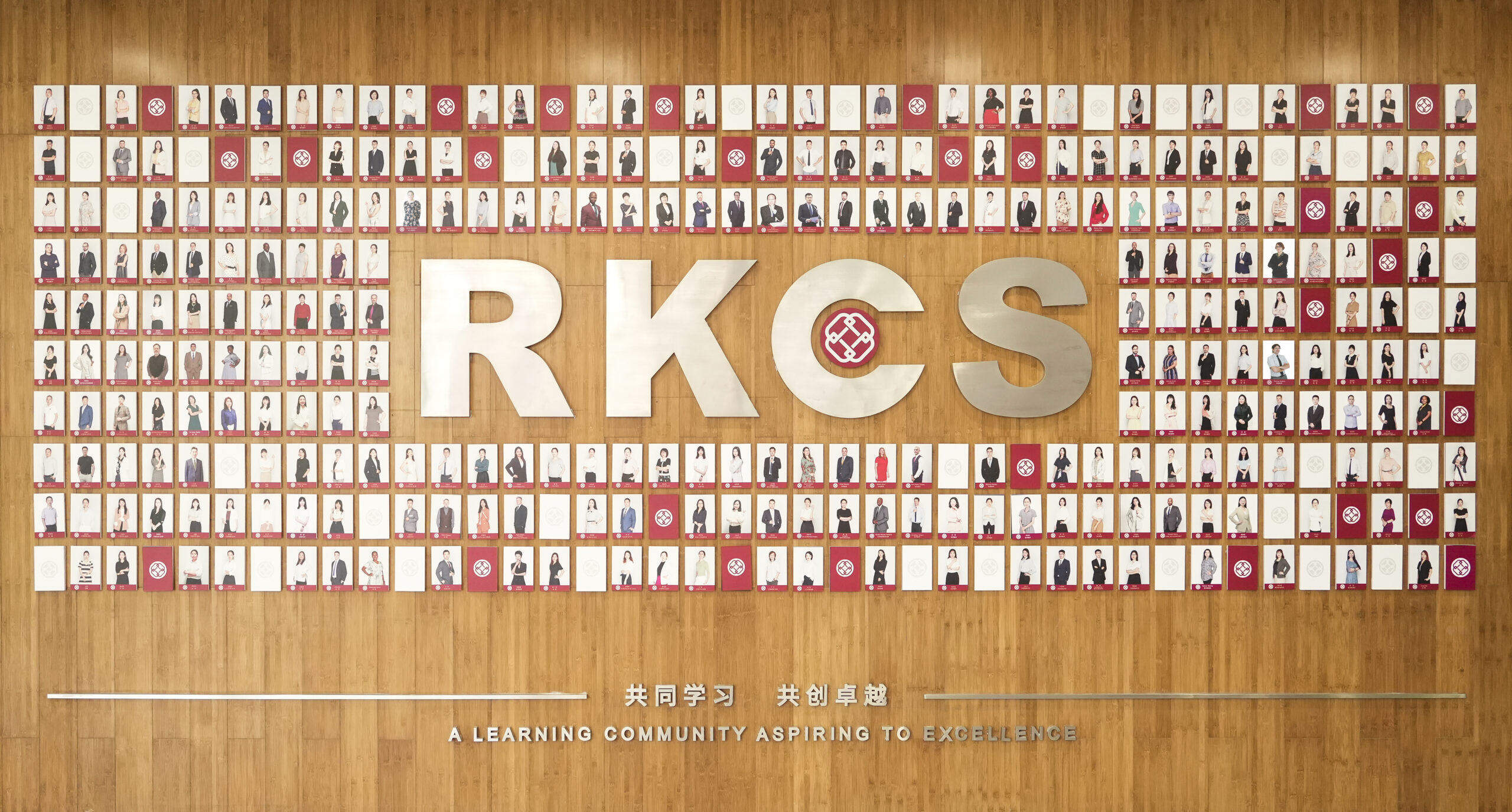
“Student-Centric” Classrooms and Challenges of Leading an International School
1. Teachers with Concrete Subject Expertise
A study on German high school mathematics teachers found that possessing advanced mathematical knowledge acquired through graduate or doctoral studies does not significantly correlate with the improvement of students’ math performance. It is not a guarantee that teachers with higher-level subject knowledge will necessarily contribute to better student progress. This is because the teacher’s role extends beyond “teaching knowledge” to “teaching students,” with the key metric being the “real occurrence of student learning.” The effective measurement of teaching lies in whether students are genuinely learning. If student learning does not occur, all the efforts of the teacher are in vain.Subject teachers are typically defined based on their expertise in specific professional fields. By teaching specific subjects, they impart particular knowledge and skills, aiding students in developing proficiency in relevant domains. Each subject possesses its unique style; mathematics has its distinct flavor, language has its linguistic characteristics, and chemistry has its fascinating elements. Only by understanding the intrinsic logic and nature of each subject can the beauty of the subject be conveyed to students, assisting them in deeply grasping the knowledge.Without the “flavor of the subject,” teachers become abstract and disconnected. In the context of mathematics, for instance, the training of students to grasp mathematical concepts and engage with abstract mathematics is crucial. Abstract numbers and letters as substitutes for digits must be faced, and a strong “mathematical flavor” is necessary to reveal the essence of mathematics.School education must focus on students’ life growth and holistic development. Teachers should meticulously plan students’ education time according to educational goals and individual circumstances, ensuring the effective use of formal education time. The effectiveness of a teacher is measured by their ability to utilize every second of formal education time.
2. High-level teaching can always turn academic matters into profound and enjoyable activities.
Schools are places for children to play. Education involves guiding children to play correctly and meaningfully, learning knowledge, developing thinking, honing skills, and fostering cooperation and interpersonal relationships. Through the guidance, influence, and transformation by teachers, children gradually move towards socialization, achieving a transformation from natural individuals to social beings.It’s essential to create profound classroom education. A concrete school is composed of every small classroom session. Taking the example of the mathematics discipline, mathematics can be taught through exploratory activities and project-based learning, integrating mathematics with real-life scenarios. For instance, students can engage in market transactions, design economic projects, and participate in other activities to help them deeply understand the most enjoyable aspects of mathematics, which are also the deepest aspects of mathematical thinking. Only pure and profound subject learning can nurture future leaders with the most critical thinking skills.The biggest misconception in innovative education is thinking that all subjects can be evolved into simple and interesting activities in daily life. Alternatively, it involves attempting to do things like scientists do on the surface, without training students to think like experts.Without recognizing the characteristics and difficulties of the curriculum itself, on one hand, because there is no time for more practice, the foundation of the subject is not well-established, making it increasingly difficult to connect in higher grades. If classrooms only pursue surface-level simplicity and fun, students may feel bored and lack motivation. On the other hand, if classroom teaching is eager to achieve excellence for every student and includes many “high-difficulty movements,” students often lose their enthusiasm for learning because the goals seem unattainable.Only activities that are both profound and enjoyable can stimulate students’ inner interests, trigger strong intrinsic motivation, and provide them with the willpower and resilience to overcome difficulties when faced with challenges. Any education that does not evoke spontaneous thinking cannot achieve genuine learning.Principal Lin Weimin stated that excessively designed and routine classroom teaching often exhibits a certain stiffness. Creativity usually exists in situations. The most important thing in implementing classroom teaching is to create a learning situation. It is necessary to establish a “scaffold” and use “advanced learners” to pave the way. The community of teaching and learning gradually enters a certain state of mind. Perhaps it “bursts into chaos,” or maybe everyone falls into a “silence of thought.” Suddenly, students have an epiphany and exclaim, “Oh, so that’s how it is!” At this moment, the teaching becomes exciting, learning occurs, and knowledge is internalized.
3. Besides the “noisy” classrooms, allowing the existence of “eerily quiet” classrooms is also permitted.
Sometimes, there is a misconception about classroom teaching activities, as if only verbal expressions with noisy sounds can reflect the teacher’s teaching and the students’ learning. This leads to classrooms where impromptu and thoughtless utterances occur. What is needed in the classroom is profound dialogue rather than simple questioning.What is the difference between the two? Simple questioning usually manifests as meaningless question-and-answer sessions. For example, a teacher might ask, “Is the breeze blowing through the willows beautiful?” and the students respond with a simple “Yes!” The true essence of dialogue lies in the process of providing the results of personal inquiry to the learning community and responding positively to the contributions of other members.For instance, a teacher might say, “Different cultures may have different poetic expressions related to the breeze blowing. Do you understand similar expressions in other cultures? What similarities or differences do they have?” Students then share various feelings and perspectives.In some “noisy” classrooms, most remarks are subconscious reactions without much thought. Therefore, teachers need to explore how to conduct “high-level questioning” during the teaching process. This involves designing and presenting quality questions, or creating appropriate “challenges” on the spot and posing them to students at a high level. Through overcoming challenges, students can achieve high-level cognition.Classrooms should not turn into roaring racetracks, as it’s important to understand that “silence” itself is a form of discourse. It is a voice emanating from oneself, others, and the deepest recesses of the world. Silence serves as a medium for deep learning and a sign of deep learning occurrence.
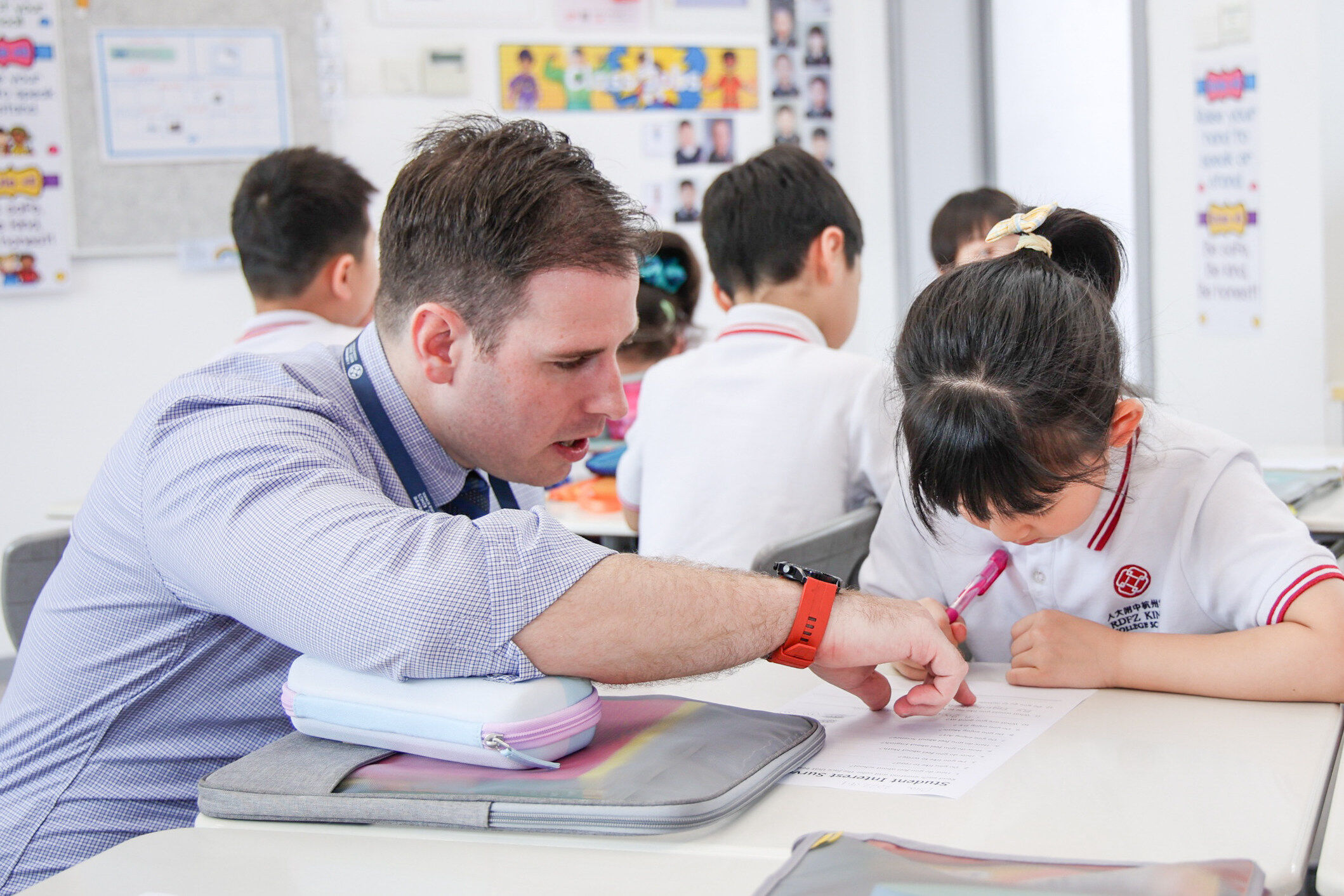
New Challenges of Leading an International School
1. Understanding Parents’ “Want It All” Expectations
Parents pay expensive tuition fees each year, sending their children to what they consider worthwhile international schools, not at the expense of sacrificing the academic standards of traditional schools. They desire both outstanding academic performance and the achievement of “whole-person development,” which is entirely normal.This is analogous to entering a renowned fusion restaurant where pure Western cuisine may not suit the Chinese palate, and pure Chinese cuisine lacks distinctiveness. There needs to be a specially blended taste that combines both Chinese and Western elements. Outstanding bilingual schools should possess this “new delicacy,” drawing essence from global education and Western culture while integrating the temperament of Chinese culture. They should not lack any distinctive features from either side, presenting a unique and fresh flavor. Only in this way can bilingual schools truly become the ideal choice for parents, serving as a platform suitable for students’ better growth.For Hangzhou Dipont School of Arts and Science, our mission is to comprehensively achieve high-quality Sino-Western integrated education, meeting the demands of parents for both academic excellence and holistic development. We strive to realize the educational goal of cultivating “future young leaders with Chinese style, patriotism, international perspectives, and global competence.” This is aimed at ensuring that every student faces unpredictable future challenges with high academic achievement, outstanding global literacy, and comprehensive development.
2. Establishing a Reliable Evaluation System
The management of teaching is indispensable, and assessment and evaluation are not optional but mandatory. Teachers’ teaching work requires assessment and evaluation, and students’ learning needs both process and outcome evaluation. The purpose of learning evaluation is not just to assign a score to students but to better optimize and adjust teaching strategies. The evaluation of teaching aims at reviewing, reflecting, or summarizing teaching plans, teaching tasks, student management, and the arrangements or results of school development. Through evaluation, we can ensure the “high-level operation” of bilingual education programs, achieve the sustainable development of school education, and promote the comprehensive growth of students.Primary and secondary education is highly complex, and bilingual education covers a broader range of fields, making evaluation even more intricate. Which aspects of evaluation are quantifiable, which require qualitative assessment, and which are immeasurable? Which evaluations are immediate, which are long-term? Which evaluations focus on the process, and which target the results? Moreover, what are the similarities and differences in assessment criteria between Chinese and foreign teachers? These are all matters that require careful research.It is crucial to recognize that not all aspects of primary and secondary education can be quantified, and not all measurable aspects are equally important. Therefore, schools need to establish a comprehensive assessment system and evaluation philosophy to fully leverage the role of evaluation.
3. Redefining the Role of a School Principal
Lin Weimin has led or achieved success in six schools. He believes that while different school principals share commonalities, they also possess individual characteristics. The commonalities lie in the emphasis on educational content and understanding the principles of education. Principals must have a sense of educational mission and a values system that prioritizes “everything for the students’ future success.” They need to care about students’ life growth, show compassion to all students, ensure each student achieves success, and realizes outstanding development. Simultaneously, efforts should be directed towards creating the school’s unique features, enhancing the quality of education, establishing a brand advantage, and consistently enriching the school’s diverse educational content.Hangzhou Dipont School of Arts and Science not only inherits the strong academic curriculum and traditional Chinese atmosphere and sentiment of public schools but also injects elements such as multilingual proficiency, international perspectives, global thinking, the cultivation of global competence, as well as a pastoral care system, virtue development, and holistic education.As the principal of a privately funded school, in addition to shouldering the responsibilities of education, teaching management, and enhancing the efficiency of administrative and logistical support systems, there is a need to go beyond the inherent duties of a principal. It involves connecting with the “larger world” and strategizing the school’s survival and development from various perspectives. Only by ensuring that the school’s education is better managed can one garner more support and achieve better development.





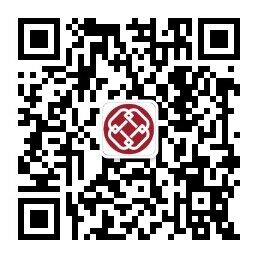
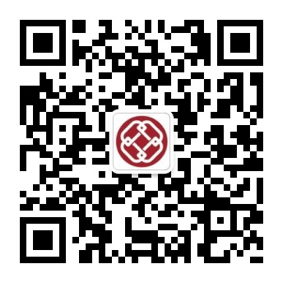
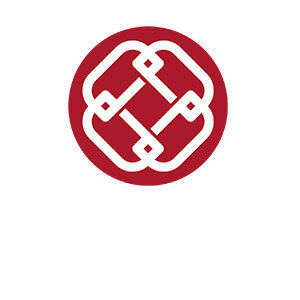
 浙公网安备 33011002014773号
浙公网安备 33011002014773号